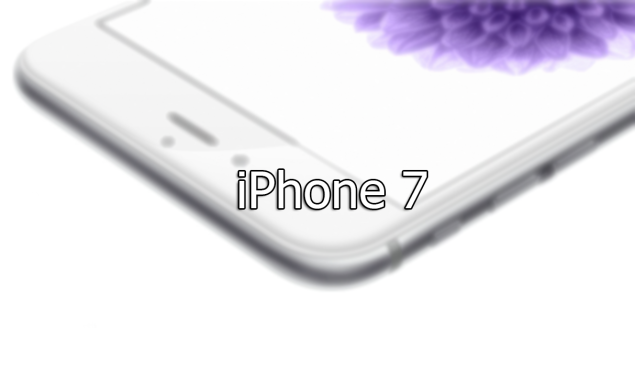-
Tips for becoming a good boxer - November 6, 2020
-
7 expert tips for making your hens night a memorable one - November 6, 2020
-
5 reasons to host your Christmas party on a cruise boat - November 6, 2020
-
What to do when you’re charged with a crime - November 6, 2020
-
Should you get one or multiple dogs? Here’s all you need to know - November 3, 2020
-
A Guide: How to Build Your Very Own Magic Mirror - February 14, 2019
-
Our Top Inspirational Baseball Stars - November 24, 2018
-
Five Tech Tools That Will Help You Turn Your Blog into a Business - November 24, 2018
-
How to Indulge on Vacation without Expanding Your Waist - November 9, 2018
-
5 Strategies for Businesses to Appeal to Today’s Increasingly Mobile-Crazed Customers - November 9, 2018
Apple’s iPhone 7 could use Intel chips
The report says Intel now has 1,000 people dedicated to working on this project that would potentially make Intel one of the main modem suppliers for Apple’s next iPhones.
Advertisement
While none of this is confirmed, and likely won’t be until Apple officially announces its next-gen iPhone in 2016, Apple has been sending engineers to work with Intel on the project.
Intel’s doing everything it could to become a major partner of Apple’s next iPhone manufacturing process, according to a report by VentureBeat. VentureBeat’s sources say that Apple could license Intel’s modem to integrate directly into its chips, and that Intel could even manufacture the chips using the 14nm process it’s using for its current Broadwell and Skylake CPUs. At this point, Apple is still waiting to see if Intel can hit all of the milestones on the project before officially inking the agreement.
The report also suggests that there is quite a possibility that if Intel does score a contract with Apple in terms of its LTE chip, then there’s a high chance the Cupertino giant might also throw in orders for its system-on-a-chip for the next-generation iPhone from the microprocessor giant.
It’s also being reported that the new modem chip from Intel will have a whopping 29 LTE bands, making the iPhone 7 a truly world phone, capable of being used with a wide variety of 4G LTE networks around the globe. This could bring both speed and power management improvements. Intel would oversee fabrication of the SoC. Historically, Intel has made most of its revenue by selling chips to personal computers, but the PC market’s decline has caused Intel’s PC business growth to stall as well.
Advertisement
To achieve that goal, Apple would design the system-on-a-chip, licensing LTE modem intellectual property from Intel, with Intel also fabricating the chip with its 14-nanometer process. Currently, Samsung and TSMC share the production task, but use a 20-nanometer processor. Also, the deal is considered to be a “must-win for Intel” as the company is facing tough competition from leading mobile chipset makers such as Qualcomm and MediaTek. “Intel has lower volume partners like Altera, but nothing like the volume an Apple SoC and modem would create”. Intel’s process can reportedly create silicon chips with superior density and gate pitch to its competitors and its already developing a 10-nm process.




























